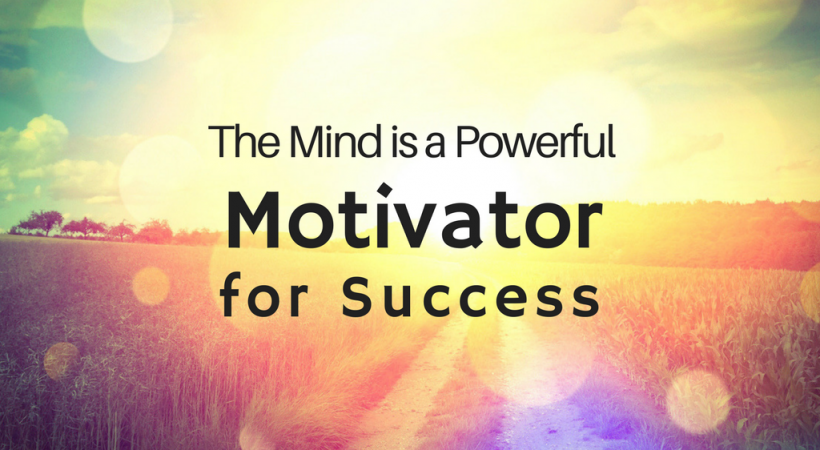This website uses cookies so that we can provide you with the best user experience possible. Cookie information is stored in your browser and performs functions such as recognising you when you return to our website and helping our team to understand which sections of the website you find most interesting and useful.
Tag: motivate
-
4 Benefits of Working with a Personal Coach

In each of our lives, there are inflection points, moments in which we have key choices to make in our careers or personal lives. Perhaps you’re trying to decide whether to remain in your current job or return to school to obtain new training or a degree or even to take those special skills of…
-
The Mind is a Powerful Motivator for Success

A powerful mindset is a valuable asset in your quest for success. The health of your mind and your body are directly connected and have influential power. Do you really believe you can succeed in your work life and relationships? The answer to this question will often be the deciding factor in whether you succeed…
